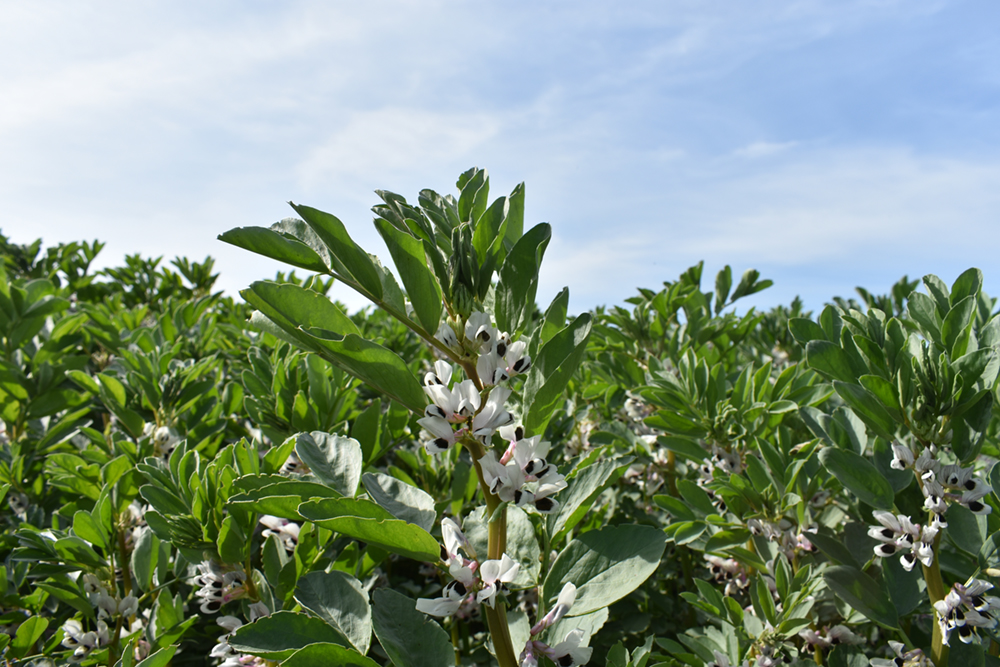

Researchers at the University of Turku call for reform of labeling systems to account for changes in biochemical composition
A new study from the University of Turku’s Food Sciences unit has revealed that existing food classification systems fail to accurately reflect the nutritional quality of processed plant-based foods. The research, published in Nature Food, highlights how different processing methods – such as fermentation, extrusion, or protein isolation – can dramatically alter the biochemical composition of foods made from soy, peas, fava beans, and wheat.
The study used non-targeted metabolomics to analyze a wide range of commercially available plant-based protein-rich foods. Researchers found that processing techniques significantly influenced the presence of phytochemicals – bioactive plant compounds with potential health benefits, such as isoflavonoids in soy products.
“Plants and plant-based products are known to contain phytochemicals, which are bioactive compounds that can have health benefits,” commented Professor Kati Hanhineva, who led the study. “However, until now there has not been enough research on how different processing methods affect these compounds.”
The results showed that heavily processed products such as plant-based burger patties made from protein isolates or concentrates often contained very low levels of phytochemicals compared to products subjected to lighter processing. Tofu and soy chunks, for example, retained a higher proportion of isoflavonoids from the original soybean.
Fermentation stood out as a method that could enhance nutritional value. “We found that in tempeh, these isoflavonoids were in a form that is more readily absorbed due to the activity of the microbes used in fermentation,” added Jasmin Raita, a Doctoral Researcher involved in the study.
Tempeh is traditionally produced by fermenting soybeans with specific microbial cultures and is a staple in Indonesian cuisine. The study found that some fermented products like tempeh retained significant levels of beneficial compounds, even though they would typically be classified as ultra-processed under current food labeling systems.
This classification inconsistency is one of the study’s central concerns. When researchers applied existing food processing classification systems, including NOVA and similar frameworks, they found that many nutritionally beneficial plant-based products were categorized alongside less healthy ultra-processed foods. This was true even when the products still contained high levels of naturally occurring phytochemicals.
“Classification systems primarily take into account the processing technique used for the product and the type and number of added ingredients, rather than the biochemical composition of the product,” said University Research Fellow Ville Koistinen. “It cannot be assumed that all processing makes a product unhealthy, because ultimately it is only the nutritional components of the edible product that matter, and how they are absorbed by our bodies.”
According to the researchers, phytochemicals could serve as markers for how well a product preserves the nutritional value of its plant-based raw material. “If there are no phytochemicals left in the product, it indicates that the product has undergone heavy industrial processing, after which the biochemical composition is completely different to that of the original plant,” said Hanhineva.
The findings challenge common assumptions about processed foods, particularly in the plant-based sector, where technological innovation is rapidly producing new formats and ingredients. The researchers argue that future classification systems should be updated to reflect not only how a product is made but also what remains – or is newly formed – in terms of nutritional and biochemical content.
“It is also important to note that food processing should not be seen as exclusively harmful, as fermentation, for example, can even improve the nutritional value of a product,” added Raita.
While acknowledging that more long-term studies are needed, the authors suggest that the presence or absence of phytochemicals could be a useful tool in determining the true nutritional quality of a product, particularly for consumers seeking healthier plant-based options.
The article, Existing food processing classifications overlook the phytochemical composition of processed plant-based protein-rich foods, was published in Nature Food in March 2025.
If you have any questions or would like to get in touch with us, please email info@futureofproteinproduction.com

.png)






